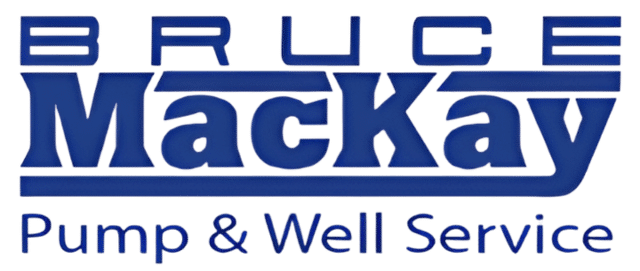
Well Pump Care And Maintenance For New Owners
If you’re the proud new owner of a well, you may not be initiated into the ins and outs of its features, limitations, daily care, regular maintenance needs, and so on. Here are some of the basics of everyday well pump care for a new owner.
Avoid Well Damage
You’ll want to avoid anything that could inadvertently damage your well pump, well casing, or other well components, or cause water contamination. Some tips to help avoid these issues include:
- Keeping all chemicals and other hazardous products (even paint) away from all parts of the well
- Not letting the soil level around your well casing build up too high; the top of the casing needs to stay a foot or more above the surface
- Avoiding mowing or trimming too near to the well with lawn equipment as that could damage the casing
These tips and your common sense can help you keep your well safe from damage and contamination.
Maintain Your Well at Home
In addition to avoiding damage to your well, you’ll want to learn how to perform basic home maintenance. A few of the maintenance tasks you’ll likely need to perform include:
- Identify the well cap and visually inspect it for problems every few months and after storms
- Occasionally listen to the pump to make sure it sounds the same as usual
- Keep an eye on the appearance, taste, sounds, and pressure of the water that comes through your pipes
- Keep records of all maintenance, repairs, inspections, water testing, and other work on your well pump
These steps can help you maintain and monitor your well pump between maintenance visits.
Schedule Professional Care for Your Well
From time to time, you’ll also need to have a professional come out to take care of your well. Some maintenance tasks that should be performed by a professional well contractor may include:
- Testing the water flow
- Testing water for contaminants
- Inspecting the check valve (for submersible pumps)
- Checking the pump motor bearings
- Checking the start capacitor and other electrical components
Your well professional can also inspect for any signs of problems, such as parts that may be wearing out more quickly than expected. Repairing any such problems can help avoid a breakdown that could leave you without water and calling for emergency repairs.
Know When Your Well Needs Repairs
Speaking of well repairs, you may occasionally have to call your well contractors out for repairs in future years. Once you’ve gotten used to how your well behaves under normal usage, you’ll be more equipped to tell when something is wrong. Here are some signs that you need to call for repairs:
- The well won’t turn on and you’ve checked the fuse already
- The well water tastes, smells, or looks different than usual
- The well pump seems to run constantly without turning off
- The well pump casing appears damaged
These and similar irregularities are signs that something has gone wrong. Typically, calling your qualified well pump contractor for repairs is your best bet to get things working smoothly again.
Prepare for Well Emergencies
Finally, keep in mind that even a great well that’s cared for regularly can experience issues. For example, an earthquake could damage the well casing, or a hurricane could flood the well. In such situations, you’ll need to have enough water stored up to last until your well can be repaired. Keep emergency water purification and filtration equipment on hand as well.
These are some of the basics that can help you navigate the exciting new field of well ownership. Remember to get in touch with a reputable well repair and maintenance contractor such as Bruce MacKay Pump & Well Drilling Service Inc for expert help caring for your new well. We perform installation, repairs, inspections, and other services for well pumps.
